China warns US: NATO-like expansion in Asia-Pacific could lead to conflict
Chinese defense minister has warned that “NATO-like” military alliances in the Asia-Pacific could undermine regional peace and stability and lead to conflict.
Li Shangfu said during the Shangri-La Dialogue security summit in Singapore on Sunday that “inclusive cooperation” does not allow disastrous world wars to repeat themselves.
“In essence, attempts to push for NATO-like (alliances) in the Asia-Pacific is a way of kidnapping regional countries and exaggerating conflicts and confrontations, which will only plunge the Asia-Pacific into a whirlpool of disputes and conflicts,” he told the two-day security conference also attended by US Defense Secretary Lloyd Austin.
“Today’s Asia-Pacific needs open and inclusive cooperation, not buddying up into small cliques. We must not forget the severe disasters brought by the two world wars to peoples of all countries, and we must not allow such tragic history to repeat itself.”
Li did not mention any country by name; however, his comments echoed long-held Chinese criticism of the United States, seeking to create alliances and expand NATO into the region.
In related remarks, China’s embassy in Norway said on Saturday that NATO must stop threatening regional security.
“China urges NATO to stop stirring up regional conflicts and creating divisions and unrest,” the embassy said in response to recent remarks by NATO Secretary General Jens Stoltenberg during a visit to Norway.
Stoltenberg alleged that China is “threatening neighboring countries.”
In the meantime, Austin called for top-level talks with Beijing to avoid conflict.
Austin described the dialogue between the two countries as “essential.”
“The United States believes that open lines of communication with the People’s Republic of China are essential -- especially between our defense and military leaders,” Austin said at the Shangri-La summit on Saturday.
“The more that we talk, the more that we can avoid the misunderstandings and miscalculations that could lead to crisis or conflict,” claimed the Pentagon’s military chief.
Austin and Li shook hands and spoke briefly at the opening dinner of the event on Friday night prior to the summit’s commencement, but the interaction did not lead to a more substantive exchange as hoped by the Pentagon.
China has rejected a request by the United States for a meeting between the two countries’ defense chiefs, as tensions continue to rise between Beijing and Washington in the face of persisting US “provocations.”
China’s senior colonel Zhao Xiaozhou said Beijing also believed the lines of communication were necessary, but “the problem is for the United States to stop provoking China’s security.”
On Friday, a US and a Canadian warship sailed through the Taiwan Strait, in a rare joint mission in the sensitive waterway at a time of heightened tensions between Beijing and Washington over Chinese-claimed Taiwan.
The United States has created the Quad partnership with India, Japan and Australia, in addition to the AUKUS alliance, also with Australia, alongside the UK.
Both US pacts are intended to strengthen the ability of each government to support security and defense interests in the form of a military, NATO-like alliance.
Iran FM: Success of nuclear talks hinges on ‘seriousness’ of US
Pro-military Israeli journalist detained on suspicion of raping child: Reports
Anthropic resists US War Department push for unrestricted AI access
Iran naval unit returns from drill, cmdr. vows to defend borders to ‘last breath’
VIDEO | Press TV's news headlines
Paris silencing pro-Palestine voices
Iran raises alarm at ‘environmental consequences’ of US militarism
Iran: UN Security Council inaction on Israeli crimes ‘catastrophic’


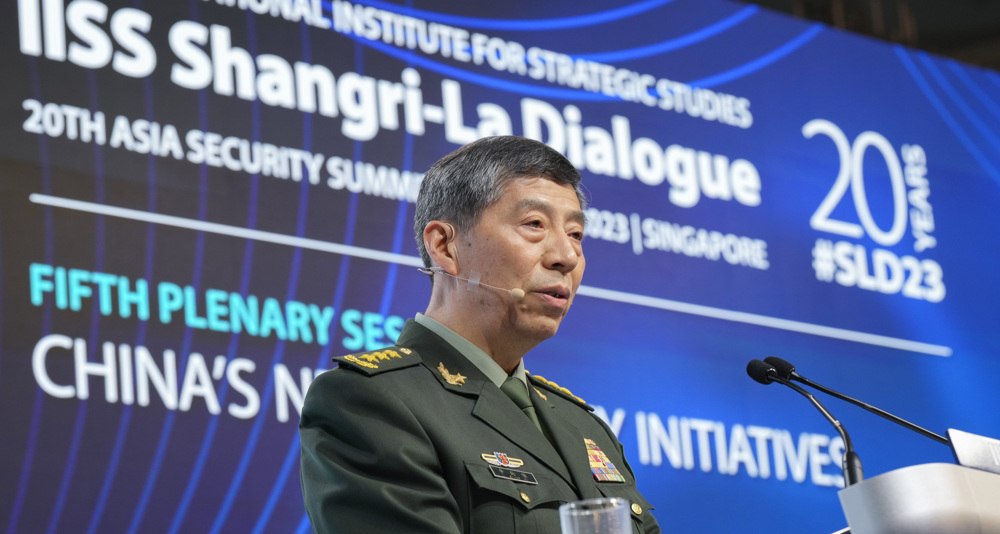
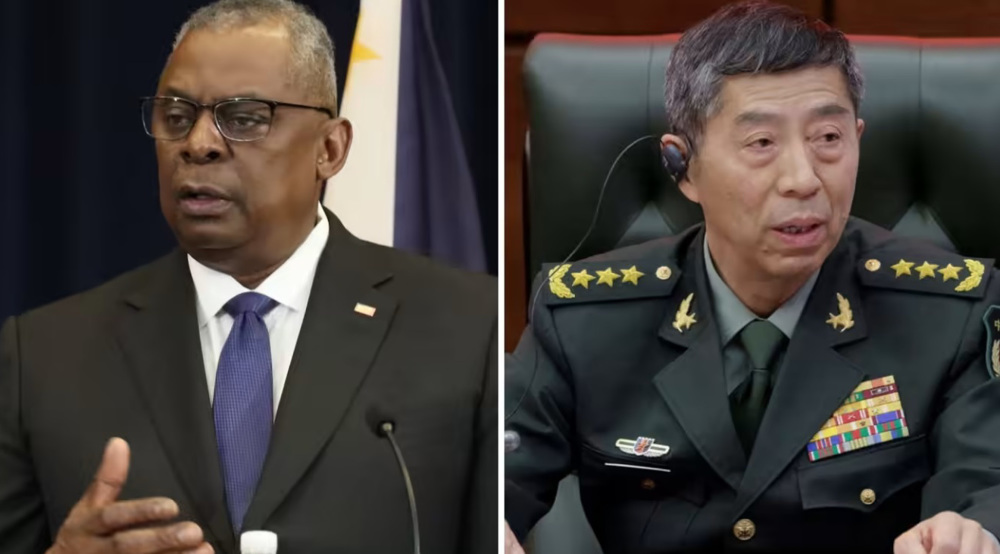
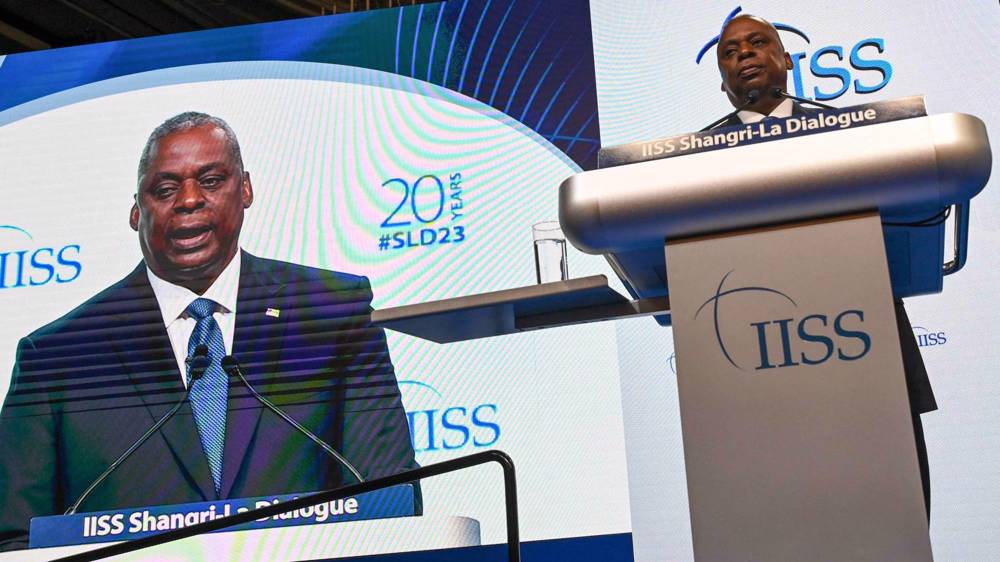
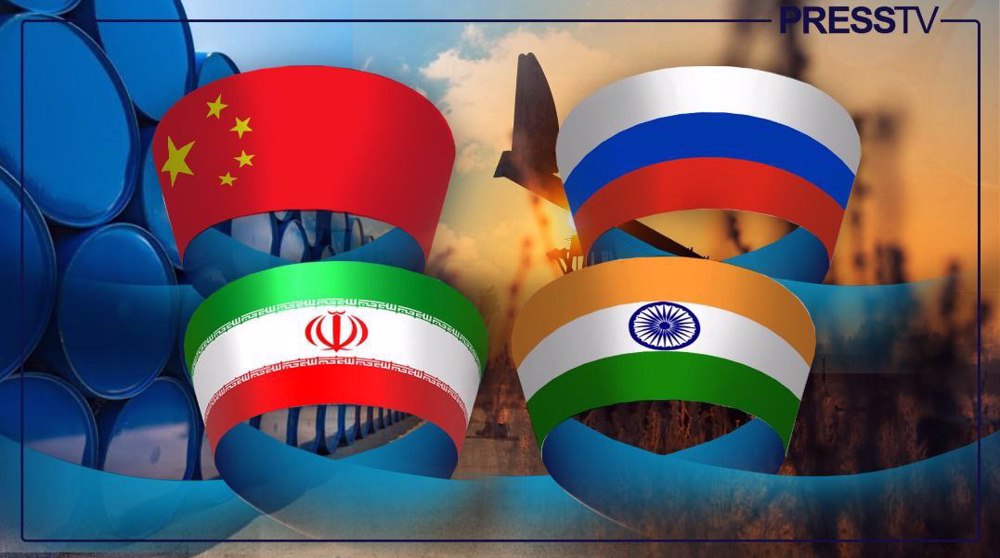
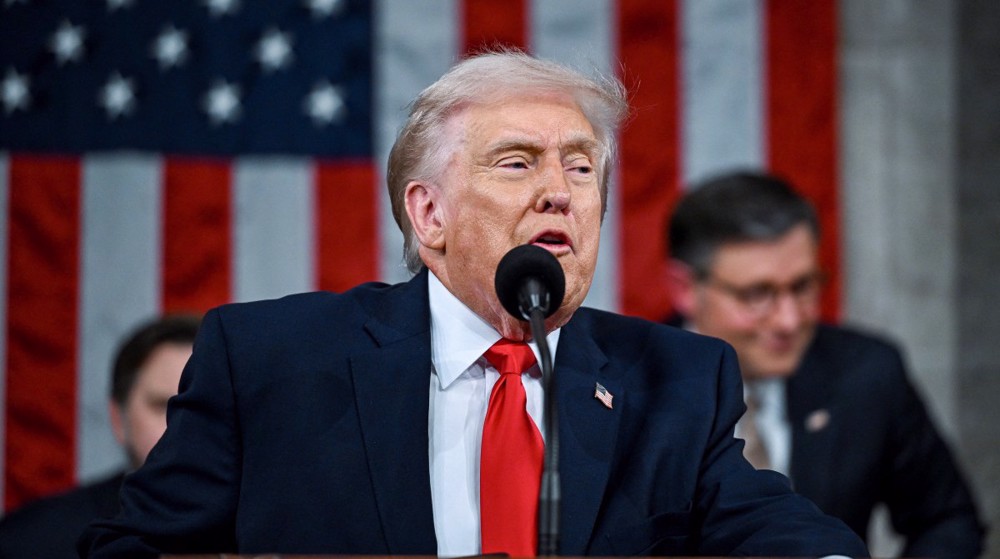





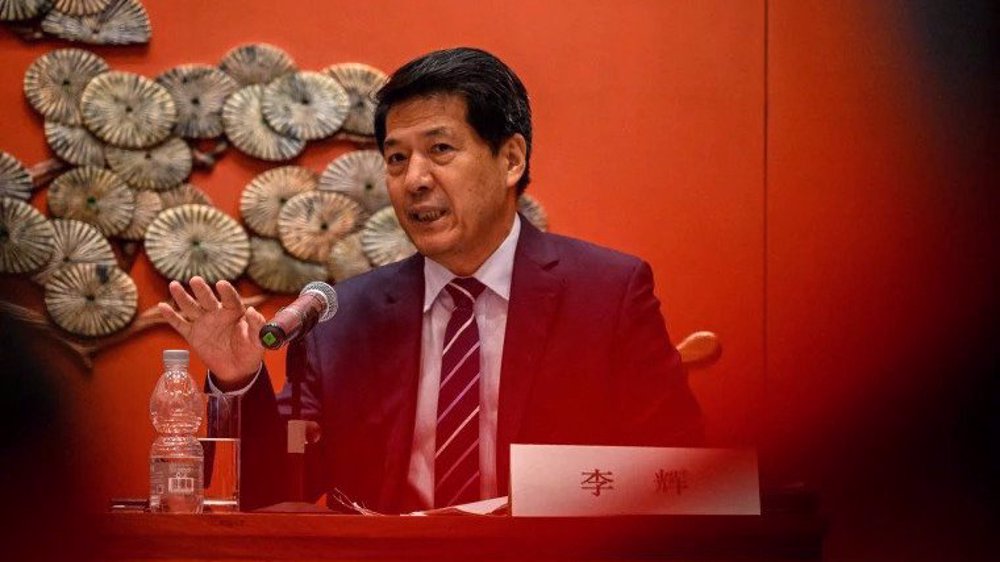
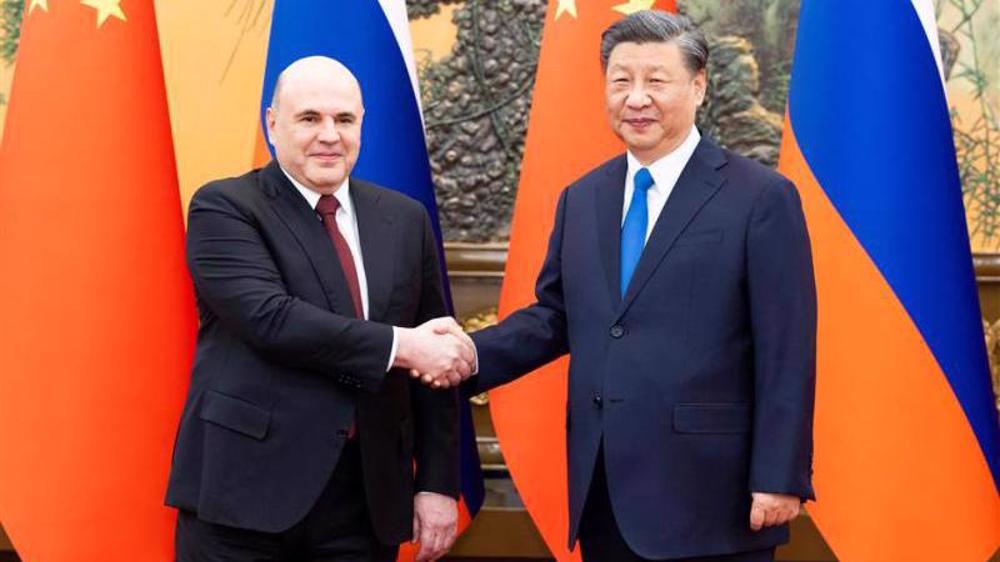
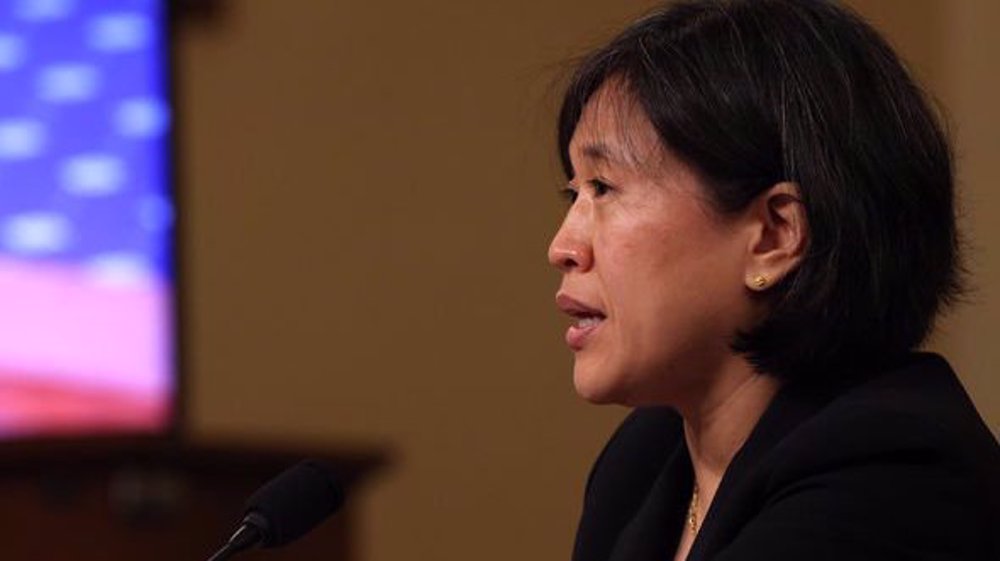
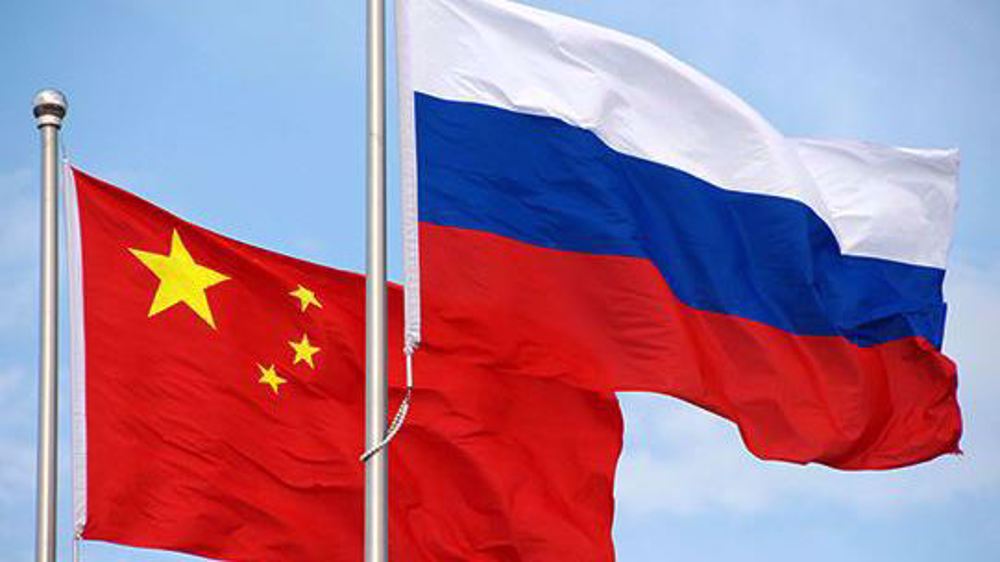

 This makes it easy to access the Press TV website
This makes it easy to access the Press TV website